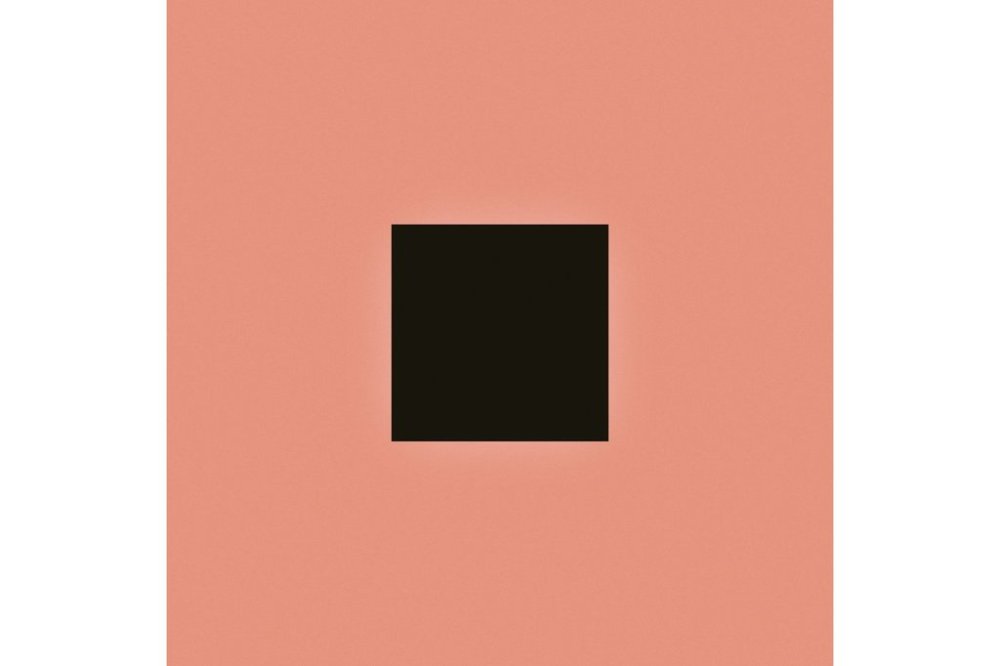Music Review: On Bon Iver’s ‘SABLE, fABLE,’ love inspires a chilly, robotic R&B patchwork
Advertisement
Read this article for free:
or
Already have an account? Log in here »
To continue reading, please subscribe:
Monthly Digital Subscription
$0 for the first 4 weeks*
- Enjoy unlimited reading on winnipegfreepress.com
- Read the E-Edition, our digital replica newspaper
- Access News Break, our award-winning app
- Play interactive puzzles
*No charge for 4 weeks then price increases to the regular rate of $19.95 plus GST every four weeks. Offer available to new and qualified returning subscribers only. Cancel any time.
Monthly Digital Subscription
$4.99/week*
- Enjoy unlimited reading on winnipegfreepress.com
- Read the E-Edition, our digital replica newspaper
- Access News Break, our award-winning app
- Play interactive puzzles
*Billed as $19.95 plus GST every four weeks. Cancel any time.
To continue reading, please subscribe:
Add Free Press access to your Brandon Sun subscription for only an additional
$1 for the first 4 weeks*
*Your next subscription payment will increase by $1.00 and you will be charged $16.99 plus GST for four weeks. After four weeks, your payment will increase to $23.99 plus GST every four weeks.
Read unlimited articles for free today:
or
Already have an account? Log in here »
Hey there, time traveller!
This article was published 07/04/2025 (281 days ago), so information in it may no longer be current.
On Bon Iver’s “SABLE, fABLE,” Justin Vernon sings about his fear of change. And then he strives to embrace it.
The album is the first in six years from Vernon’s project, an epilogue to the reluctant pop star’s three-song EP “SABLE,” released last fall. Those minimalist, dark tunes open the album, with Vernon lamenting impermanence while also seeking something new.
On the “fABLE” songs that follow, he finds what he’s looking for: love. The album traces the arc of a courtship as Vernon plugs a hole in his heart.

“I don’t know who I am without you,” goes a lyric on “Day One,” the album’s most impassioned vocal performance thanks to contributions from Wye Oak’s Jenn Wasner and alt-R&B musician Dijon. Much of the music is less convincing, alas, and fails to convey the heat of the moment.
Bon Iver’s sonics have toggled between his early, recorded-in-a-cabin ballads and the dense layers of more recent releases. Vernon and rising talent Jim-E Stack co-produced the new music, and while much of it comes from Vernon’s woodsy Wisconsin studio, it’s the opposite of organic.
Multi-instrumentalist Greg Leisz contributes lovely pedal steel, and an occasional saxophone peaks through, but the primary instrument seems to be a computer. Synthesizers serve up digital dissonance, samples are part of a robotic patchwork, and vocals often sound chilly and disembodied.
The album’s techno-folk sound evolves as Vernon sings about growth, and his gauzy romanticism settles on an R&B aura built around his formidable falsetto. At times it seems he’s about to launch into “Betcha By Golly, Wow,” or some other ’70s soul hit. Nothing here is that catchy, but his rising vocal line does distinguish the lead single “Everything Is Peaceful Love,” and he borrows a Jackson 5 title on the soulful “I’ll Be There.”
Long keen to collaborate, Vernon duets with Danielle Haim of the band HAIM on “If Only I Could Wait,” a persuasive lament about the ebb of love that served as the album’s genesis. Less successful is “Walk Home,” an ode to lust undercut by mystifyingly altered, decidedly unromantic kazoo-like singing.
A fetching retro dance groove makes “From” appealing, and a shimmering keyboard provides a big hook on the final song, “There’s A Rhythmn.” The spelling, like the album, falls shy of Bon Iver’s best efforts.

